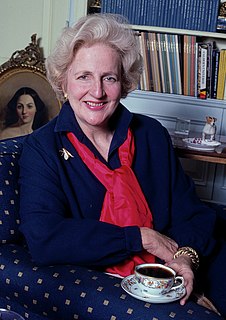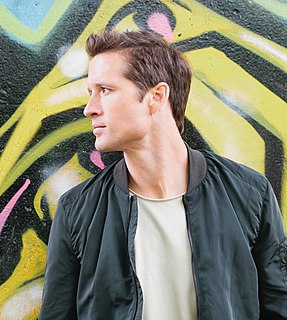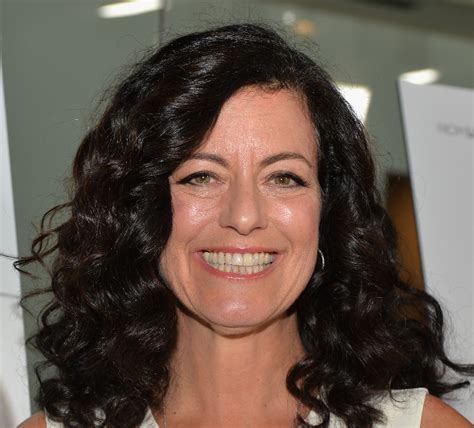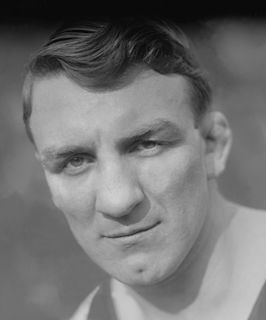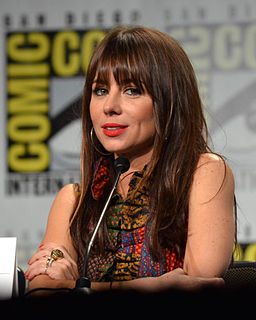A Quote by Edward R. Murrow
People say conversation is a lost art; how often I have wished it were.
Related Quotes
When I lost my first record deal, my wife and kids and I lost - I wouldn't say friends, but - we lost a lot people around us. They just vanished! They were nowhere to be found. I couldn't get a break, and I couldn't get people to even respond to my emails about songs, no matter how good something was.
One can say that the disaffection is still a lingering naiveté about, not the place of poetry in the world, but - how to say this - the moral and intellectual presence of poets in the world. And while this may seem an old conversation to many poets who roll their eyes and say, "Here we go again about the function of poetry," I think that conversation, about poetry as an engaged art in a world that is full of regression or still lacking in progress, is still really not well-developed. It's almost an avoided conversation.
I happen to disagree with the well-entrenched theory that the art of conversation is merely the art of being a good listener. Such advice invites people to be cynical with one another and full of fake; when a conversation becomes a monologue, poked along with tiny cattle-prod questions, it isn't a conversation any more.
I can hardly tell you how boring it is to interview almost every politician among the multitudes I have ever interviewed (journalists can't say this, because if people knew how boring politicians were they wouldn't read what we write), how dead the conversation feels, how bald, flat, uninteresting the message is.
I was in a conversation and someone said: "You know, we were talking about the whole issue of transgender and how it has become so accepted now, and somebody said, 'You know the Oprah show, I think has had a big impact.'" I said, I don't think so. We did several transgender [shows], but we didn't do as much for transgender as I did for, say, abused kids or battered women. And they said, "But no, you started the conversation. You started the conversation and the conversation has led us to here."
That's how I am and how I've always looked at the world. I understood what the pavilions were before I came to Venice, and I knew that wasn't going to be enough for me. I wanted to extend this conversation into something I call urgency. There is urgency with people in crisis. Some communities - often the black community - just live in this urgency.
At the Third Wave Foundation, we were asking questions like, "How can we get more voters registered who support our issues?" or "How do we want to give away of money so that it has the greatest impact?" But, the poems were involved in questions of feeling whole, negotiating sexual trauma, and speaking to what has been lost forever. I've always been a person who feels most energized when I am both creating art and working toward social change, but I often have difficulty talking about the two in the same breath.

